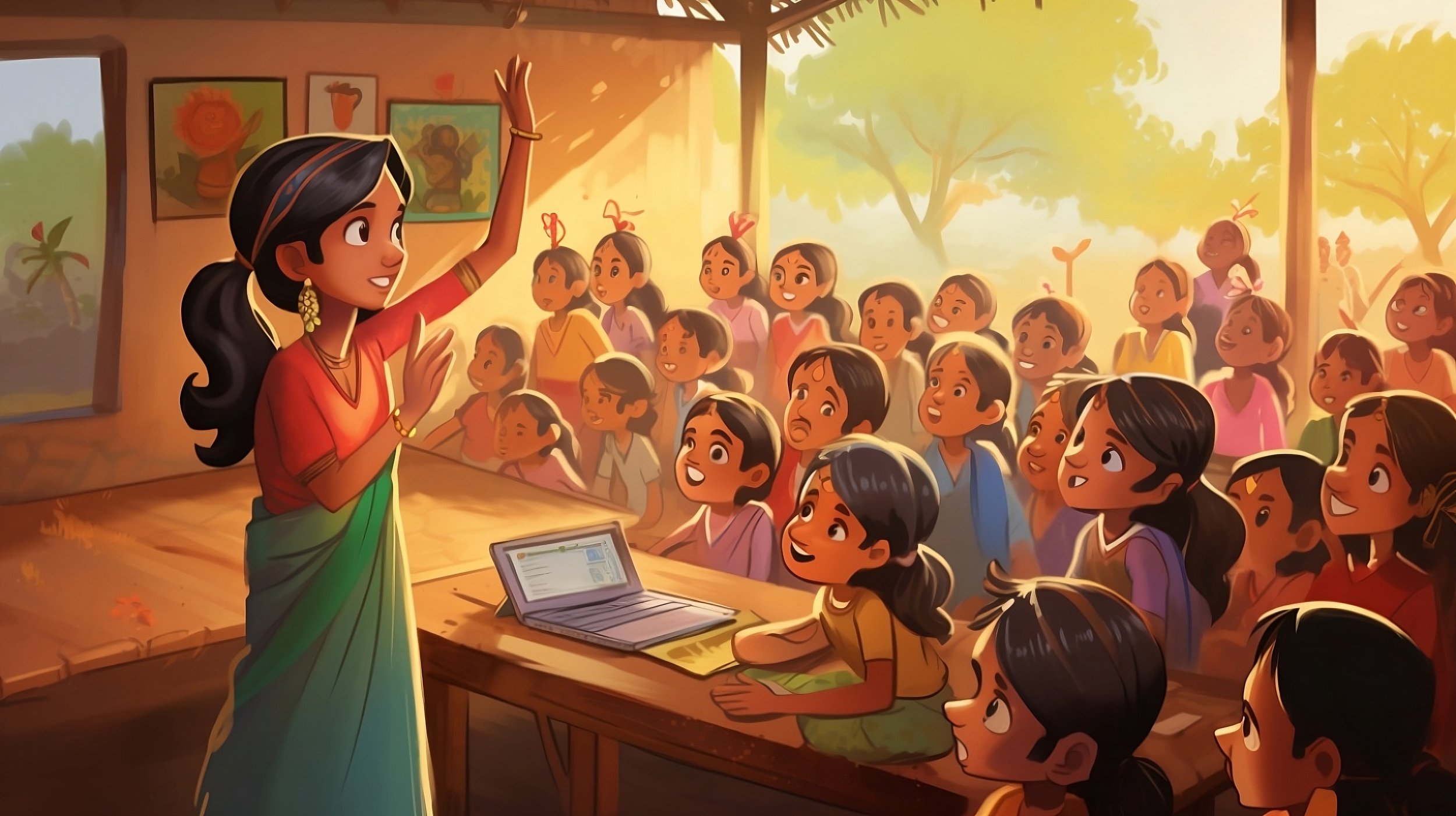Knowledge was King
At the beginning of my teaching career, knowledge was king. Students' results were measured by how much knowledge they could remember, regurgitate, and rehash. Curriculum documents, which drove teaching methods, emphasised knowledge.
We teachers became experts in disseminating the knowledge. In many cases, to relieve the boredom of sharing the same knowledge repeatedly, we got creative in presenting it.
Lectures gave way to presentations using photographs, slides, and movies. Technology strengthened the presentations even more. Slide shows using computers and whiteboards became the norm.
Technology brought more rigour. Knowledge became less critical. The focus shifted from remembering knowledge to the processes involved in acquiring knowledge. Knowing what we didn’t know gave way to “How do we discover what we don’t know.”
Discovering became the focus of the latter part of my 40-year career. Knowledge was still necessary, but the methods for building it took over.
Today, we have a class of students who can build knowledge far better than my generation ever could. Research in my time meant wading through the Dewey Decimal system in a library, searching for information.
But now, with the power of technology, our students are empowered to explore, discover, and create knowledge in ways we could only dream of.
There’s a caveat here: my knowledge search guaranteed that what I found was accurate. Books, scientific journals and peer-reviewed articles were edited, vetted and verified before publication.
Modern technology, the speed and ease with which information can be accessed in many cases, bypasses this step.
Enter the new player in the modern curriculum: Critical Thinking. Watch this space.

